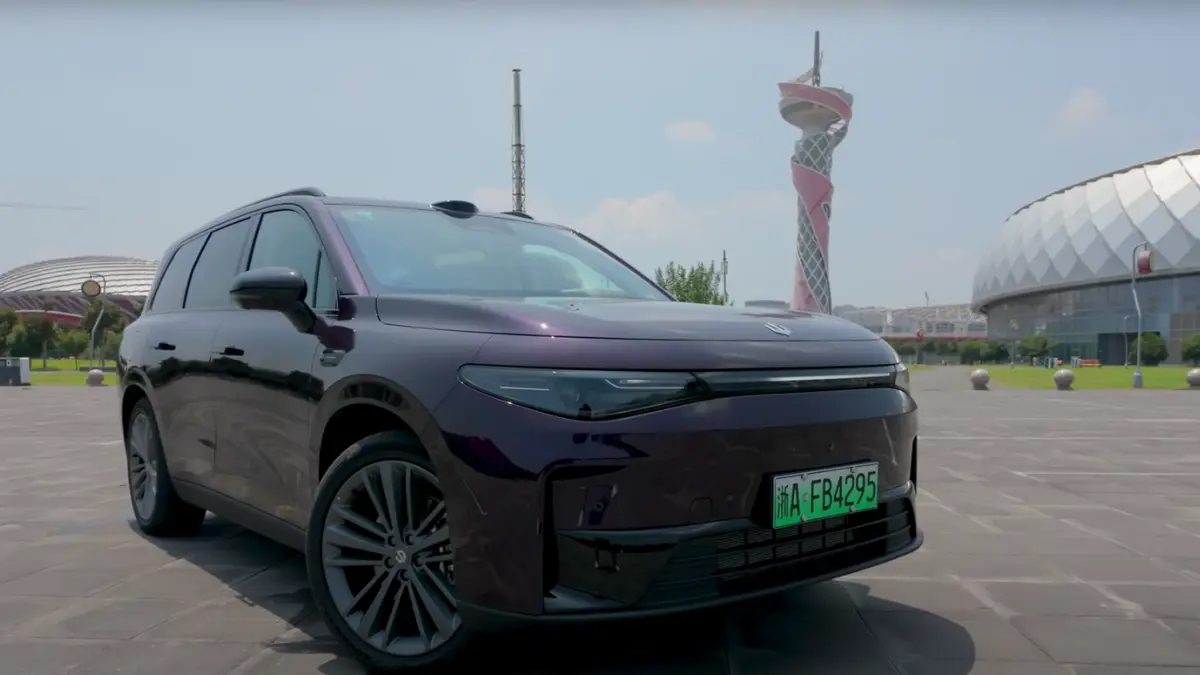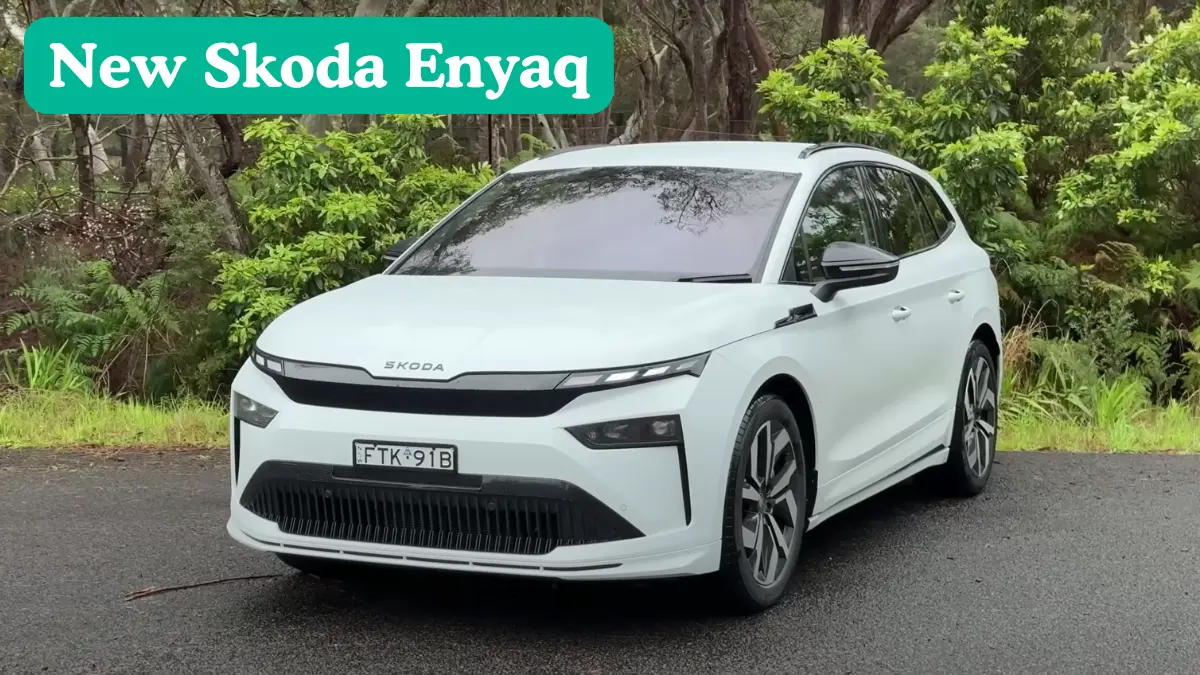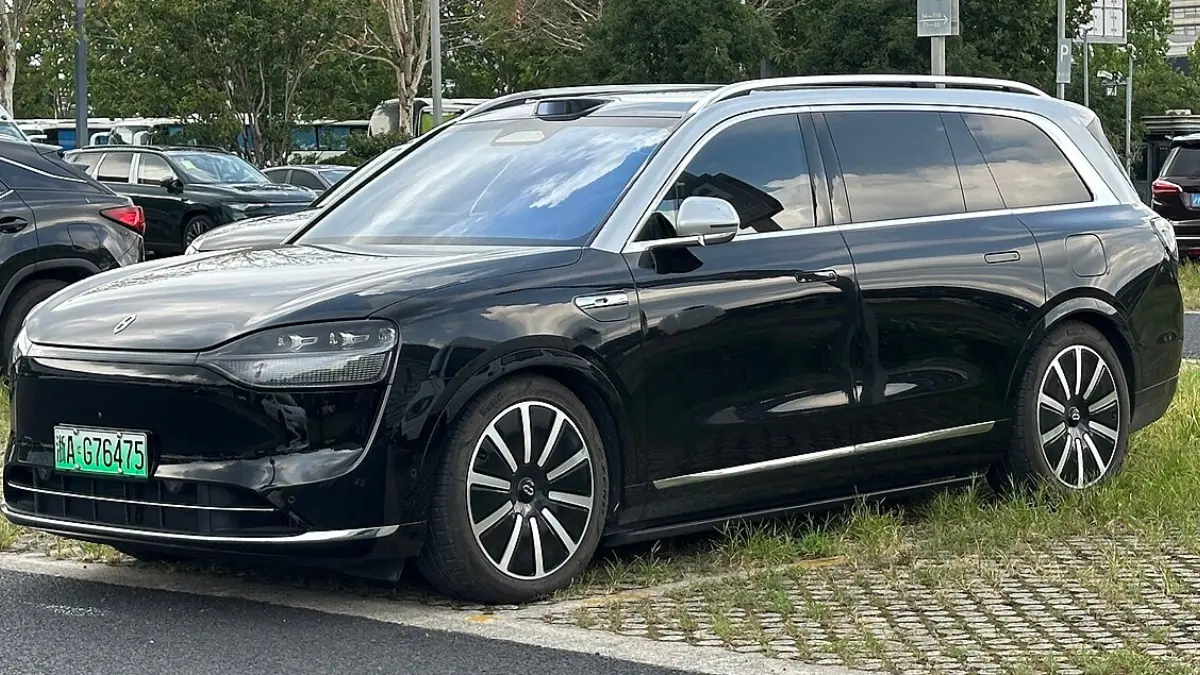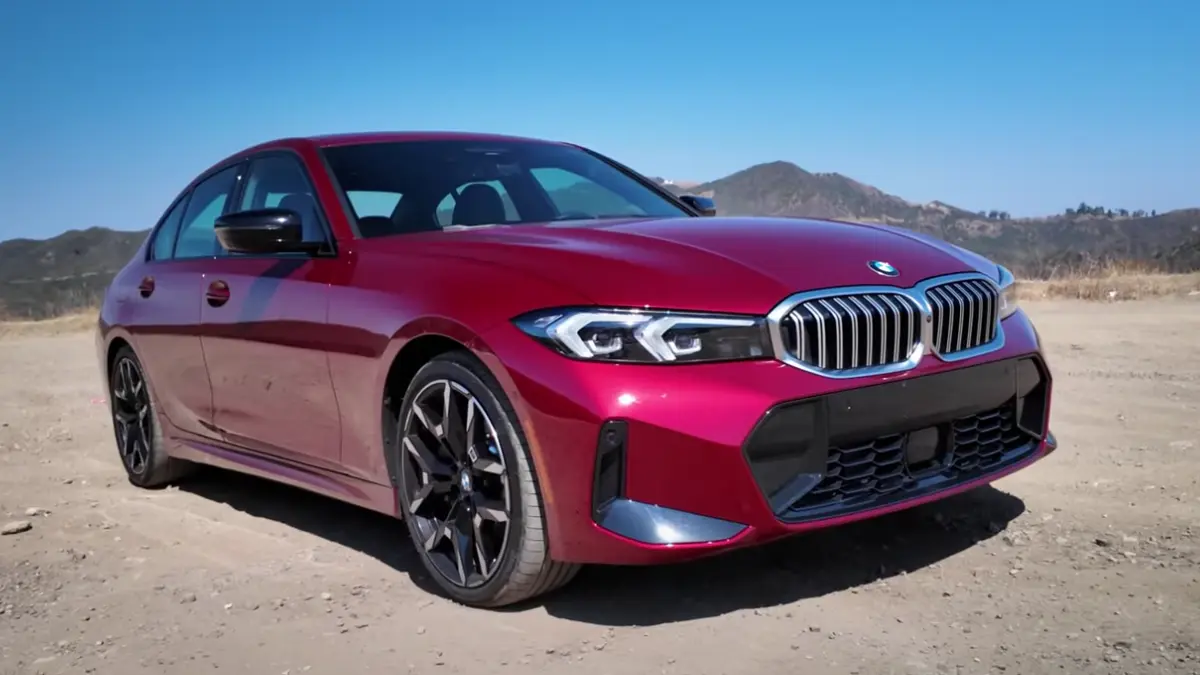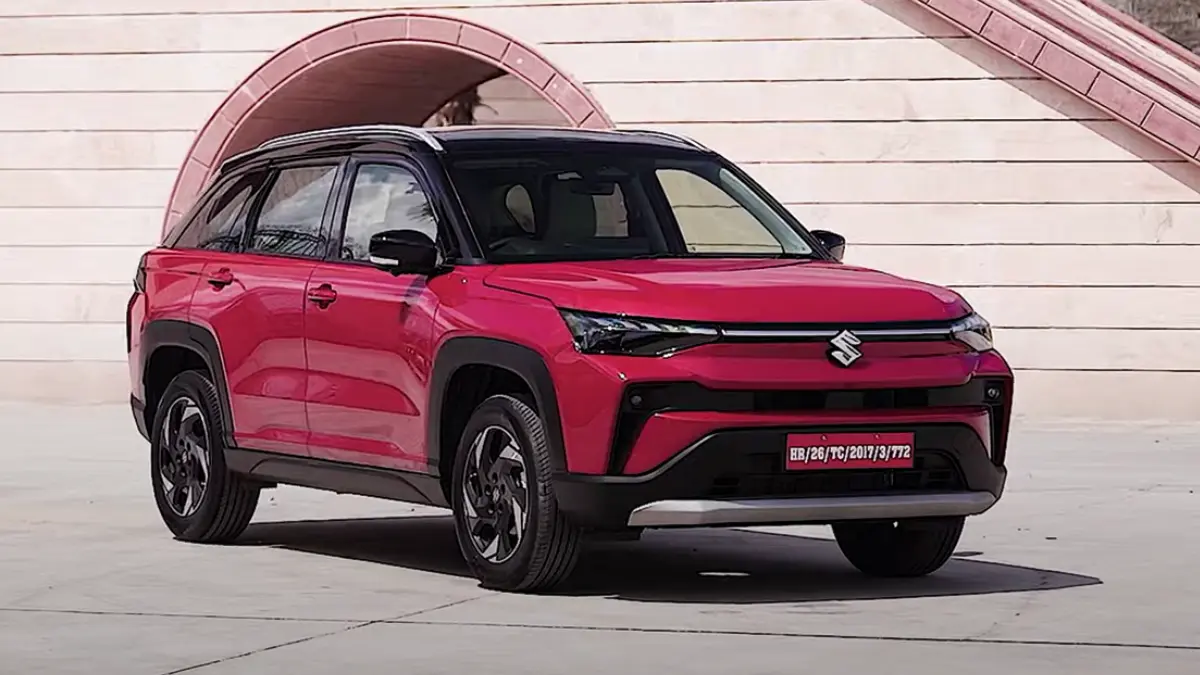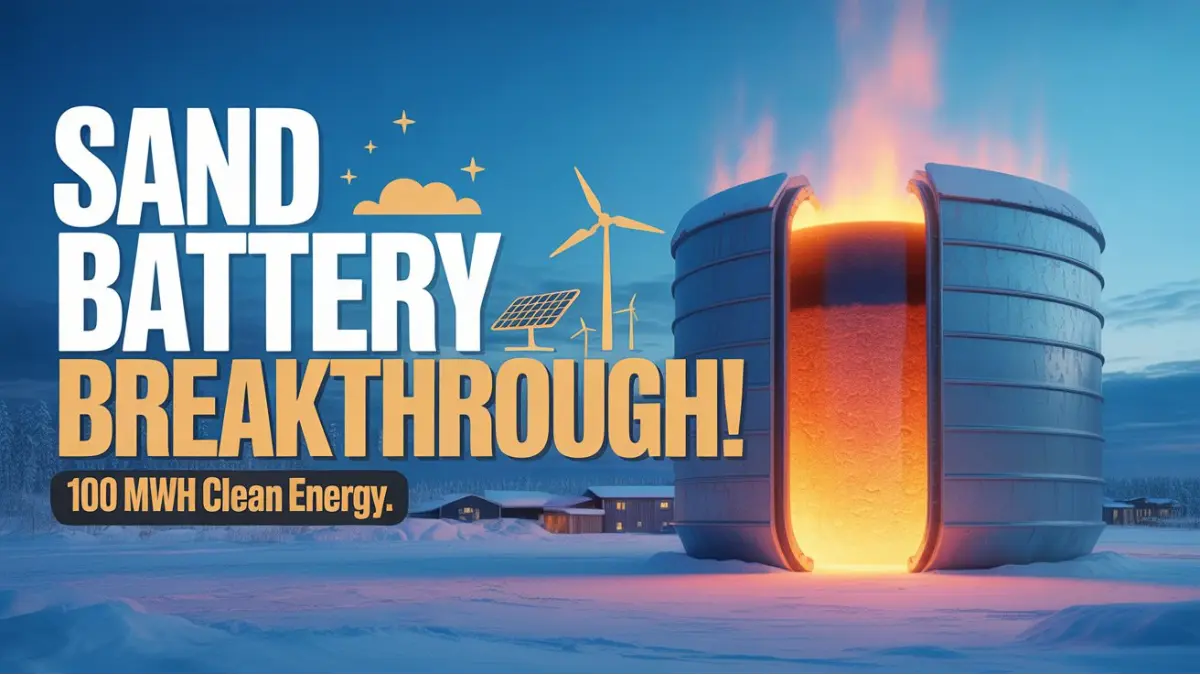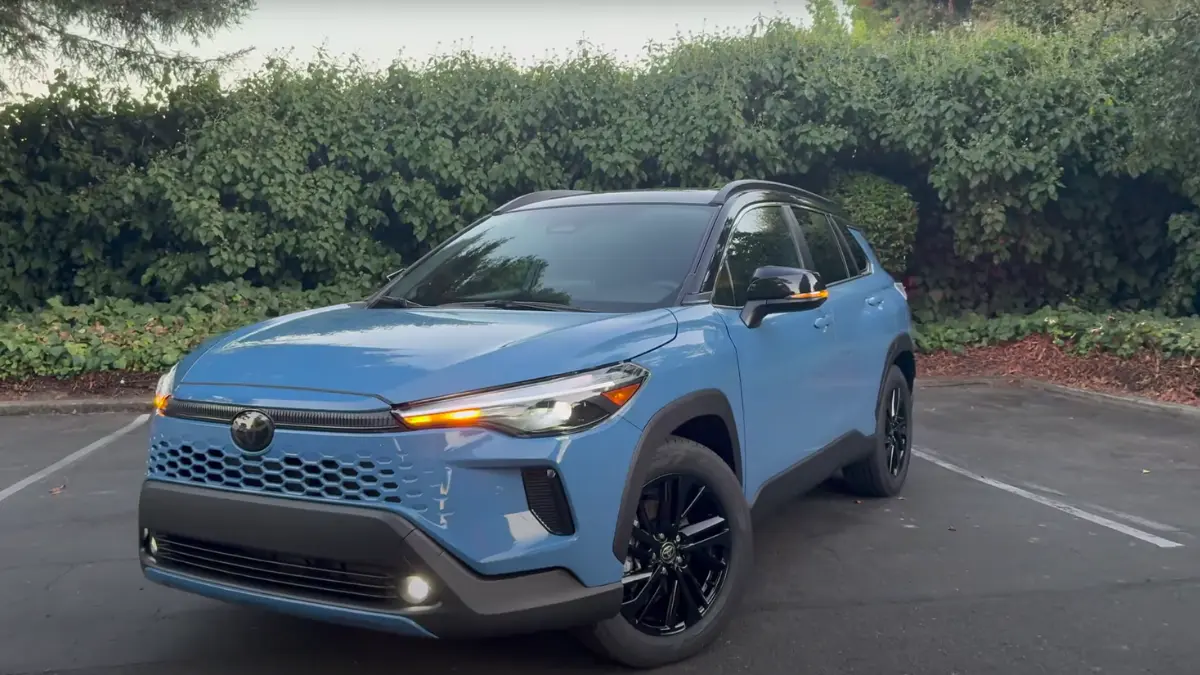BYD is set to expand its global SUV lineup with the launch of the new BYD Sealion 8 PHEV, a seven-seat plug-in hybrid scheduled to reach markets including Europe and Australia in the first quarter of 2026. Positioned above the Sealion 5 and Sealion 6, the Sealion 8 PHEV offers an affordable alternative in a segment where fully electric seven-seat SUVs remain limited and often expensive outside China.
BYD Sealion 8 PHEV Powertrain and Performance
The BYD Sealion 8 PHEV will be available in two variants: front-wheel drive (FWD) and all-wheel drive (AWD).
- AWD version:
- Combined output: 341 kW and 676 Nm
- Powertrain: 1.5L turbocharged petrol engine (110 kW, 220 Nm) paired with two electric motors – 200 kW / 315 Nm (front) and 141 kW / 360 Nm (rear)
- Acceleration: 0–100 km/h in 4.9 seconds
- Battery: 35.6 kWh
- EV-only range: 150 km CLTC (≈100 km real-world)
- FWD version:
- Output: Petrol engine (110 kW) with one front-mounted motor (200 kW, 315 Nm)
- Acceleration: 0–100 km/h in 8.6 seconds
- Battery: 19 kWh LFP
- EV-only range: ≈50 km real-world
Both variants are expected to deliver fuel efficiency around 6–7 L/100 km in hybrid mode.
Size, Capacity, and Practicality
The BYD Sealion 8 PHEV measures 5,040 mm in length and nearly 2,000 mm in width, positioning it firmly within the large SUV category.
- Seating: Three rows accommodating up to seven passengers
- Cargo space: Estimated ≈800 liters with third row folded, and ≈300 liters with all seats up
This makes the Sealion 8 PHEV a practical option for families seeking a versatile hybrid SUV.
Charging and Efficiency
Charging details remain unofficial, but industry reports suggest the BYD Sealion 8 PHEV will support:
- DC fast charging up to 55 kW (similar to the BYD Shark platform)
- AC charging at either 7 kW or 11 kW
While not class-leading, these figures align with its focus on affordability. Newer competitors, such as plug-in hybrids and extended-range EVs in China, are offering significantly faster charging speeds and larger battery packs.
Market Context and Competition
The BYD Sealion 8 PHEV enters a relatively underserved market segment – affordable, three-row plug-in hybrid SUVs. Rivals are expected from Chinese automakers including Li Auto and XPeng, with models like the XPeng X9 E-REV offering larger battery capacities (62 kWh) and longer EV-only ranges (≈300 km WLTP).
Despite stronger competitors on the horizon, the Sealion 8 PHEV’s balance of affordability, performance, and practicality could make it an attractive choice for buyers seeking a family-friendly SUV without the higher price tag of full EVs.
Outlook
With its early 2026 international debut, the BYD Sealion 8 PHEV is expected to attract families who need a versatile seven-seat SUV but are not yet ready to commit to fully electric vehicles. While it may not match upcoming E-REV models in battery size or charging speed, its combination of competitive performance, practical design, and accessible pricing positions it as a strong contender in global markets.
Also Read –

